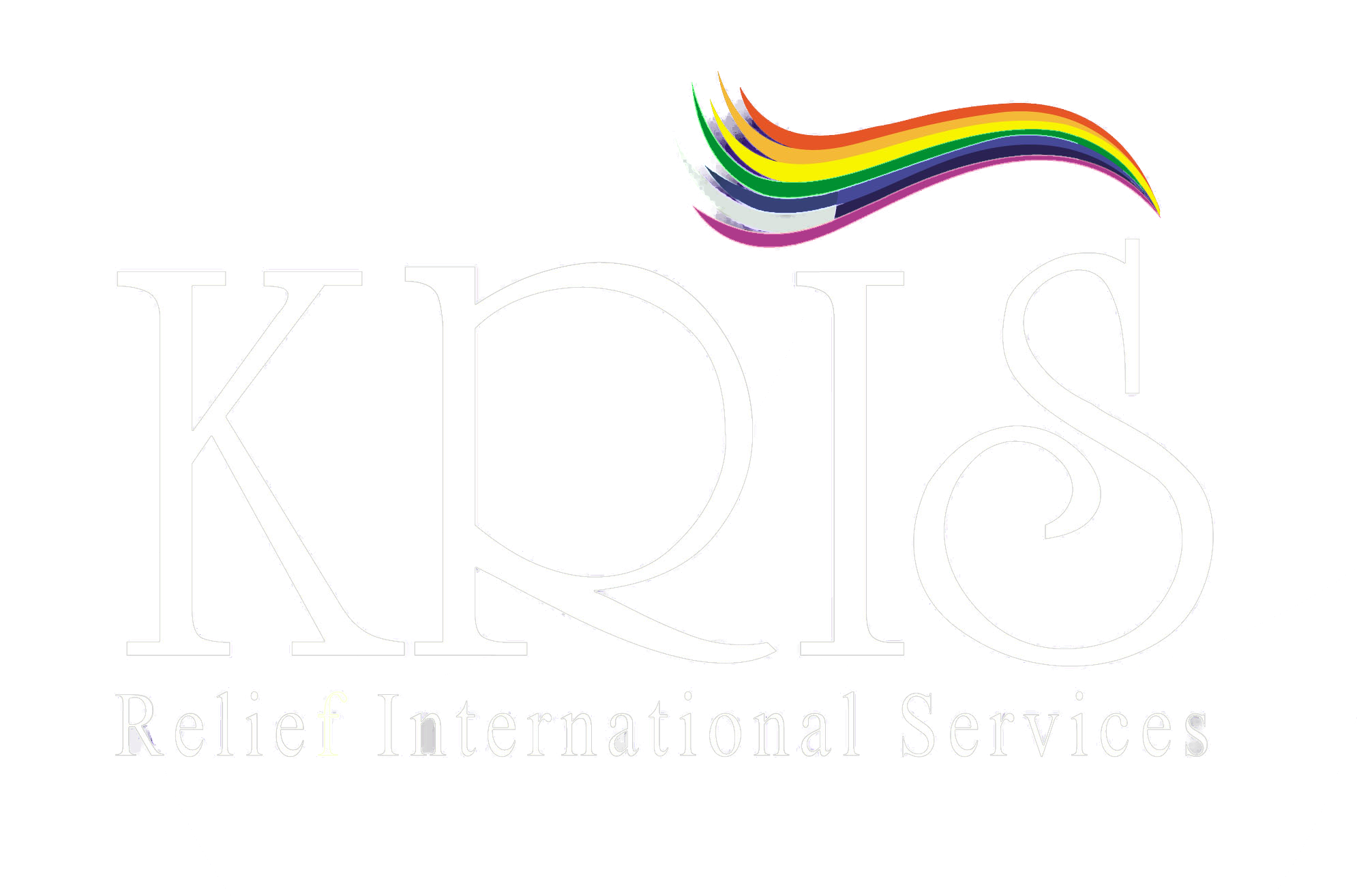The Story of Prasetiya Mulya
By: Adharta
Chairman
KRIS
Cilandak Campus
Friday, May 16, 2025
I was invited to attend the Halal Bihalal gathering of Prasetiya Mulya alumni, known as Ikaprama.
The alumni’s enthusiasm was remarkable
especially with the presence of signature dishes such as young goat satay and kambing guling Gondrong,
which were definite crowd favorites.
The event was lively and festive, particularly with the announcement of the Ikaprama Chairman Election for the 2025–2029 term.
On this occasion, I would also like to invite all members of the KRIS family to become a little more acquainted with Prasetiya Mulya,
the institution where I once studied.
A Brief History
Prasetiya Mulya University was established in 1982 by a group of visionary Indonesian entrepreneurs and professionals, including prominent figures such as Ciputra, Bustanil Arifin, William Suryadjaja, Lim Sioe Liong, Mochtar Riady, Teddy Rachmat, and several other conglomerates.
The main goal of establishing this institution was to cultivate ethical, innovative, and globally competitive business leaders. In its early years, it was known as the Prasetiya Mulya School of Management (STIE Prasetiya Mulya) and focused exclusively on business and management education.
Prasetiya Mulya pioneered the MBA (Master of Business Administration) program in Indonesia, designed to produce leaders proficient in both business theory and entrepreneurial practice.
Over time, it evolved into a full-fledged university, offering a broad range of undergraduate and graduate programs in business, technology, science, and social sciences.
One of the university’s core strengths lies in its collaborative approach between academia and industry, with many programs emphasizing real-world projects, teamwork, and business incubation.
The university is renowned for its strong entrepreneurial ecosystem, having produced many alumni who have gone on to establish successful startups across Indonesia.
Today, Prasetiya Mulya University has two main campuses:
Cilandak Campus (South Jakarta)
BSD Campus (South Tangerang)
Both offer modern facilities and a learning environment that fosters innovation.
Core Values of Prasetiya Mulya University
Since its inception, the university has upheld three key values that form the foundation of all academic and non-academic activities:
1. Collaboration Encouraging cooperation among students, faculty, and industry professionals.
2. Integrity Instilling ethical values in decision-making and leadership.
3. Innovation Fostering creative thinking and problem-solving through a multidisciplinary approach.
Becoming a University
In 2016, Prasetiya Mulya officially transitioned from an institute to a university, allowing it to expand beyond business education with the launch of various schools:
School of Business and Economics (SBE)
Focused on management, finance, marketing, and entrepreneurship
School of Applied STEM (Science, Technology, Engineering, Mathematics)
Offering programs such as Business Mathematics, Digital Business Technology, and Renewable Energy Engineering.
School of Law and International Studies
Designed to deepen the understanding of law within the context of globalization and economics.
Entrepreneurial Ecosystem
Prasetiya Mulya is often referred to as the “Kawah Candradimuka” for young Indonesian entrepreneurs. Through initiatives such as:
Business Incubator & Innovation Hub, which helps students turn business ideas into real startups.
Entrepreneurship Project (E-Project), a flagship program where students are required to run actual businesses as part of the curriculum.
Industry Partnerships, where students regularly collaborate with major corporations and MSMEs on real-world projects.
Alumni and Their Impact
Prasetiya Mulya alumni are active in various industries, with many becoming CEOs, startup founders, or senior professionals.
Several notable startups founded or co-founded by its alumni have gained national and international recognition.
Academic Culture and Student Organizations
In addition to academic excellence, Prasetiya Mulya cultivates character development through:
Student organizations and special interest communities
Participation in national and international competitions, such as the L’Oreal Brandstorm, CFA Challenge, and HSBC Business Case Competition
Social initiatives and community service, shaping leaders who are socially responsible and compassionate
In my brief message, I expressed the belief that:
> An institution gains recognition not merely through its name, but through its alumni.
No matter how excellent a university’s education may be, it will mean little if it fails to produce alumni who are useful and impactful.
Therefore, alumni of Prasetiya Mulya known as Ikaprama
must strive to be influential, especially within broader society both in Indonesia and globally.
Ikaprama must go international.
I had the privilege of sitting with the Rector of Prasetiya Mulya University,
Mr. Hasan Wirayuda.
He agreed with my perspective on reciprocal collaboration between universities.
A dual-degree, one from two universities
what an honor.
May Prasetiya Mulya continue to grow in prominence and be recognized far and wide.
Adharta
www.kris.or.id
www.adharta.com
